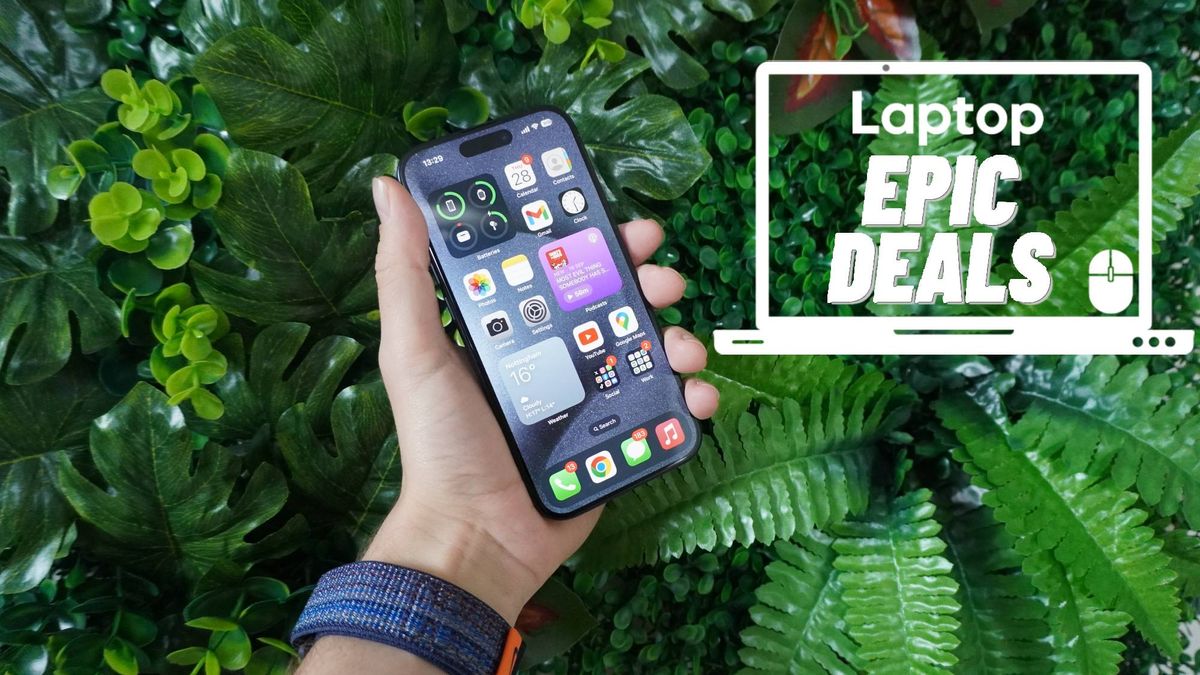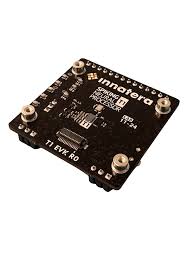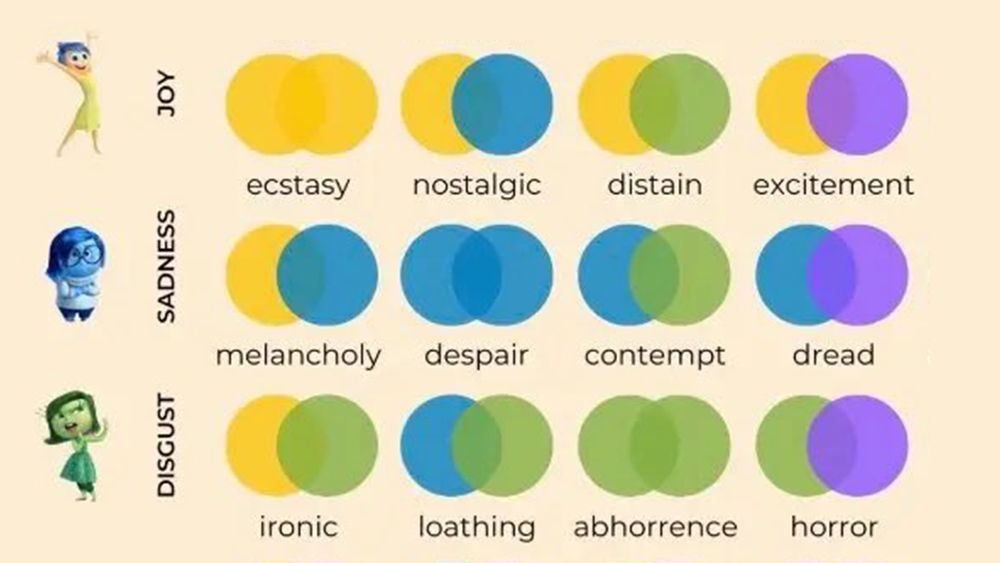
The Gist
- Sensory shopping shifts. Engage customers with AR and VR for a realistic, virtual store experience.
- AI personalization peak. AI-driven recommendations elevate customer engagement and increase loyalty.
- Immersive tech investment. Prioritize AR and VR to stand out in the competitive ecommerce sector.
Ecommerce is rapidly evolving, with the lines between physical and digital shopping experiences becoming increasingly blurred. In 2023, a McKinsey study found that 71% of consumers expect personalized interactions from companies, highlighting the importance of advanced personalized marketing strategies. The future of ecommerce lies in creating blended experiences — seamlessly integrating online and offline interactions to enhance customer engagement and satisfaction.
By leveraging technologies like augmented and virtual reality, businesses can offer unique, tailored experiences that meet these growing expectations. This integration not only boosts customer loyalty but also drives growth in a competitive market.
Related Article: Redefining Personalization in Marketing: How AI Is Changing the Game
The Evolution of Personalized Marketing in Ecommerce
Initially, personalized marketing in ecommerce was limited to basic recommendations and targeted emails. These early attempts were rudimentary, focusing on simple data points like past purchases or browsing history to suggest related products. The aim was to enhance the shopping experience by making it slightly more relevant to the individual consumer.
Today, personalized marketing has evolved dramatically. Advanced AI algorithms analyze vast amounts of data to offer personalized marketing and highly customized user experiences. From personalized product suggestions to dynamic content tailored to individual preferences, AI drives a more engaging and relevant customer journey.
For example, ecommerce platforms now use machine learning to predict customer behavior and provide recommendations that align closely with their needs and preferences. This shift to personalized marketing has not only enhanced customer satisfaction but also increased brand loyalty and sales.
Related Article: Personalization Plateau: Few Brands Deliver Highly Personalized Experiences
Immersive Technologies Revolutionizing Ecommerce
Immersive technologies like augmented and virtual reality are becoming essential tools in the ecommerce landscape. These technologies provide a more engaging and interactive experience, allowing customers to visualize products in a way that was previously not possible. By offering a more tangible and immersive shopping experience, AR and VR help bridge the gap between online and offline shopping, making ecommerce more dynamic and appealing.
Here’s how:
- Augmented Reality (AR): AR allows customers to visualize products in their own environment, bridging the gap between online and in-store shopping. Retailers like Sephora use AR to enable virtual try-ons, letting customers see how makeup looks on their faces without physically applying it. Similarly, IKEA uses AR to show how a piece would look in a customer’s home, enhancing the decision-making process.
- Virtual Reality (VR): VR provides fully immersive shopping experiences. Customers can take virtual store tours, interact with products in a 3D space and even attend virtual fashion shows. For example, the personal stylist app FaceCake lets users step into their own virtual closets to try on clothes and purchase new apparel or accessories, all while in VR. This level of engagement creates a memorable shopping experience, helping brands to stand out in a crowded market.
- 360-Degree Videos and Interactive Content: These technologies offer rich, engaging experiences that allow customers to explore products in detail. For example, 360-degree videos on Amazon listings can showcase a product from all angles, giving customers a comprehensive view before making a purchase. Interactive content, like shoppable videos, also enables customers to click on items within the video to buy them directly.
Related Article: Augmented Reality: A Leap Toward Enhanced Customer Service & Support
Best Practices for Implementing Personalized Marketing and Immersive Technologies
Implementing best practices is crucial for businesses aiming to remain competitive in the ever-evolving ecommerce landscape. These practices ensure that personalized marketing and immersive technologies are integrated effectively, providing a seamless and satisfying customer experience. By adopting these strategies, businesses can enhance customer loyalty, increase engagement and drive growth.
1. Prioritize Seamless Integration
Ensuring all customer touchpoints are interconnected is crucial for providing a consistent experience across all channels. This includes integrating online and offline data to create a unified view of the customer.
Jeff Snyder, the founder and chief inspiration officer at Inspira Marketing Group, highlights the importance of personalized marketing in today’s ecommerce landscape. He states, “Combining first-party consumer data with advanced AI algorithms simplifies sorting through the vast amounts of information. The insights derived from this process enable the creation of more authentic and relevant experiences for your audience.”
2. Leverage Data
Utilizing customer data effectively is key to personalization. By analyzing behavioral data, businesses can anticipate customer needs and tailor interactions to enhance the shopping experience. For example, combining first-party consumer data with advanced AI algorithms can simplify sorting through vast amounts of information, allowing brands to create more authentic, relevant experiences.
3. Invest in Technology That Allows Personalization
Embracing AR, VR and AI can create engaging and interactive experiences that captivate customers. Investing in these technologies helps brands stay ahead of trends and meet the growing expectations of consumers.
4. Focus on Convenience
Providing flexible options like click-and-collect and easy returns can meet customer expectations and enhance the overall shopping experience. This focus on convenience is essential for building customer loyalty and satisfaction.
Snyder explains, “Consumers are looking for something tailored to them that also engages with their senses and elicits responses in different ways,” highlighting the need for businesses to offer personalized and immersive experiences.
Embracing the Future of Ecommerce
The future of ecommerce lies in the seamless integration of personalized marketing and immersive technologies. By leveraging advanced AI algorithms for personalized experiences and incorporating technologies like AR and VR, brands can create unique, engaging and memorable shopping experiences that drive customer loyalty and growth.
As the digital landscape continues to evolve, staying ahead of these trends will be crucial for businesses aiming to thrive in a competitive market. Addressing challenges such as data privacy, technology costs and consumer education will further ensure the successful adoption and implementation of these innovations.
Learn how you can join our contributor community.






